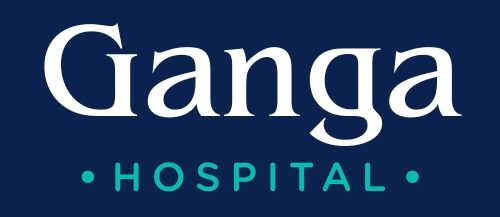It is commonly known as high blood pressure, a chronic medical condition where the force of blood against the walls of arteries is consistently elevated. It is often asymptomatic, which is why it’s called the “silent killer.” However, untreated hypertension can result in serious complications such as heart disease, stroke, kidney damage, and other vascular disorders.
Causes and Risk Factors
- Poor diet, sedentary lifestyle, excessive alcohol consumption, and tobacco use.
- Family history of hypertension increases the likelihood of developing the condition.
- Obesity, diabetes, kidney disease, and sleep apnea are linked to higher blood pressure levels.
Symptoms
- Mostly Asymptomatic: Many individuals with hypertension experience no symptoms until it reaches severe levels.
- Possible Signs: Headaches, shortness of breath, dizziness, and nosebleeds in some cases.
Diagnosis
- Blood Pressure Measurement: Blood pressure readings confirm the diagnosis. A systolic pressure consistently at or above 130 mm Hg and a diastolic pressure at or above 80 mm Hg indicate hypertension.
- Regular Monitoring: Regular blood pressure checks are essential, for individuals at risk or with a family history of hypertension.
Management and Treatment
- Lifestyle Modifications: Adopting a healthy diet, regular physical activity, maintaining a healthy weight, limiting alcohol consumption, and quit smoking.
- Medication: Doctors may prescribe medications to lower blood pressure.
Prevention
Maintain a balanced diet, staying physically active, managing stress, and avoid tobacco and excessive alcohol consumption. Regular blood pressure monitoring and early hypertension detection are key to preventing complications.
Hypertension is a serious health condition, requires proactive management through lifestyle changes, regular monitoring, and, if needed, medical treatment. By raising awareness and adopting healthy habits, individuals should effectively control their blood pressure and reduce the risk of associated complications, promoting overall cardiovascular health and well-being.

